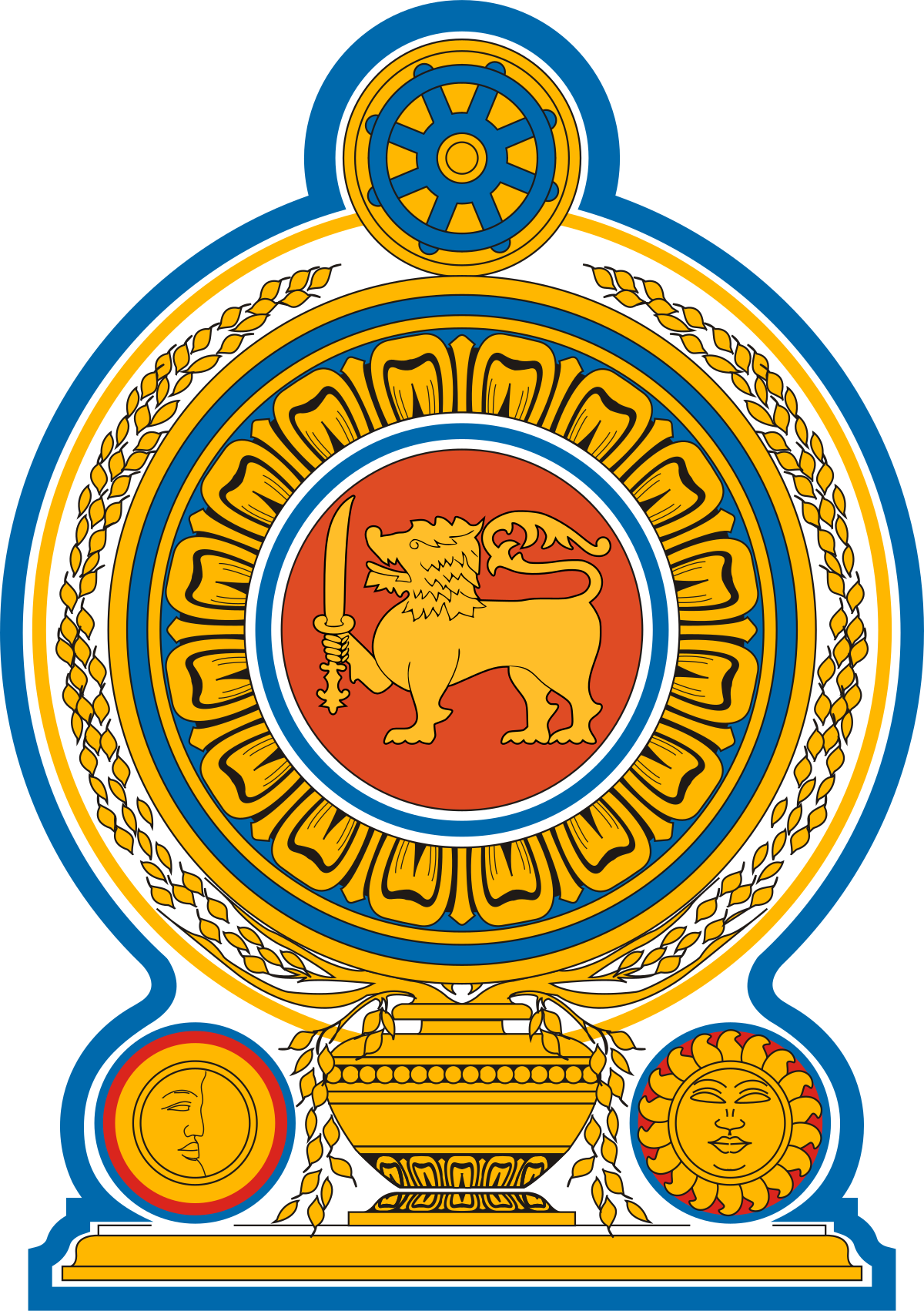Economic Phases
Towards an Open Economy (1977-2005)
This is an era with an emphasis on liberalization and a rapid move towards market economy reforms that are aimed at facilitating the country to reap the maximum benefits of globalization. The first elections under the new Constitution of the Republic of Sri Lanka that was introduced in 1972 were held in 1977, and the United National Party came into power with a five-sixths majority in Parliament. Hon. J. R. Jayewardene became the Prime Minister, pledging to establish a market economy.
The amendment to the 1972 Constitution was passed on 4th October 1977 to introduce the Executive Presidency. Accordingly, Hon. J. R. Jayewardene was sworn in as the first Executive President of Sri Lanka on 4th February 1978 and Hon. R. Premadasa was sworn in as the Prime Minister. A new Constitution, providing for a unicameral parliament and an Executive President was passed on 31st August 1978, replacing the previous Westminster-styled parliamentary system. The new Constitution came into operation on 7th September 1978 renaming the country the Democratic Socialist Republic of Sri Lanka.
The policy since the early 1960s that restricted foreign banks from opening branches in Sri Lanka were changed in 1977 and 10 new foreign banks opened branches in 1979 and 1980 alone. Generous tax incentives were announced to encourage foreign direct investment. The Greater Colombo Economic Commission was established by statute in 1978, with powers necessary for the development and resurgence of the economy.
Further, imports and payments were liberalized and price controls and other administrative controls were removed with a view to enabling the market mechanism to operate. The concept of privatization of state assets was introduced with the economic liberalization, recognizing it as an alternative strategy to boost private sector activities in the economy.
The first Presidential Election of Sri Lanka was held on 20th October 1982. The incumbent President J. R. Jayewardene of the governing United National Party was re-elected as the President and Hon. R. Premadasa continued as the Prime Minister. A national referendum was conducted on 22nd December 1982, and the mandate of the people was obtained to proceed to extend the life of Parliament by a further six years. It was the first and the only national referendum to be held in Sri Lanka, to date.
The 'Black July' incidents began on 23rd July 1983 causing deaths, and heavy destruction to property. This is noted as the beginning of an intermittent insurgency against the Sri Lankan Government by the Liberation Tigers of Tamil Eelam (LTTE).
